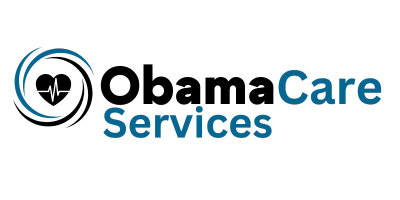FAQs
In order to get an ACA Plan, you must sign up during Open Enrollment. If you missed Open Enrollment, you can still get an ACA plan during Special Enrollment. You qualify for Special Enrollment if you, or someone in your household, recently experienced certain life events — such as losing health coverage, changing jobs, getting married/divorced, having a child, or moving, to name a few.
To be able to enroll on the ACA’s Marketplace:
- You must live in the United States.
- You must be a U.S. citizen or national or be lawfully present.
- You must not be incarcerated.
- You can not be enrolled in Medicare coverage.
DACA recipients have historically not been allowed to enroll through the Marketplace, but this will change starting in November 2024, under a rule change finalized by the Biden administration.
- November 1: Open Enrollment starts.
- December 15: Deadline to enroll coverage that starts January 1.
- January 15: Open Enrollment ends. The last day to enroll for coverage is February 1.
After January 15, you can only get a health plan if you qualify for a Special Enrollment Period.
You can apply for Medicaid or the Children’s Health Insurance Program (CHIP) at any time of the year.
es, you will have to pay a monthly premium for your Marketplace insurance plan. The amount you pay depends on the type of plan you choose, such as Bronze, Silver, Gold, or Platinum. However, you may qualify for financial assistance like premium tax credits, which can lower the amount you have to pay each month based on your income. We help you find the best plan for your needs.
Premium costs for Marketplace insurance plans are calculated based on several factors, including:
Age: Older individuals typically pay higher premiums than younger individuals.
Geographic Location: Premiums vary depending on where you live, as different areas have different healthcare costs and provider networks.
Tobacco Use: Smokers may be charged up to 50% more for premiums compared to non-smokers.
Household Size and Income: Your household size and income level determine your eligibility for premium tax credits, which can lower the amount you pay each month.
Plan Category: The type of plan you choose (Bronze, Silver, Gold, or Platinum) affects your premium. Higher-tier plans like Gold and Platinum have higher premiums but lower out-of-pocket costs.
Insurance Company: Different insurers may offer different premiums for similar plans, so prices can vary based on the company providing the coverage.
These factors combined determine your monthly premium cost for a Marketplace plan. Financial assistance, such as premium tax credits, can help reduce these costs if you qualify based on your income level.
Most households include the person applying for coverage, their spouse, and anybody they claim as a dependent on their tax return.
You’ll want to include your expected household income for the year you want coverage, not last year’s income.
If you don’t want health coverage, think about these items before you cancel your Marketplace plan:
- Once you cancel your coverage, you might have to wait for the next open enrollment period to enroll again.
- There are significant health and financial benefits of having health coverage — and risks if you don’t. Nobody expects to get sick or hurt. But medical care without insurance is very expensive, so it’s important to have protection if the unexpected happens.
- Health coverage helps you get regular care, including free preventive services, to keep you healthy.
The ACA eliminated lifetime and annual limits on essential health benefits. Previously, insurance companies could set a maximum limit on the amount they would pay for an individual’s healthcare over a year or a lifetime. Once these limits were reached, individuals were responsible for all additional costs. The Marketplace’s ban on these limits provides financial protection to those with chronic or severe health conditions, ensuring they receive the care they need without facing crippling medical bills.
